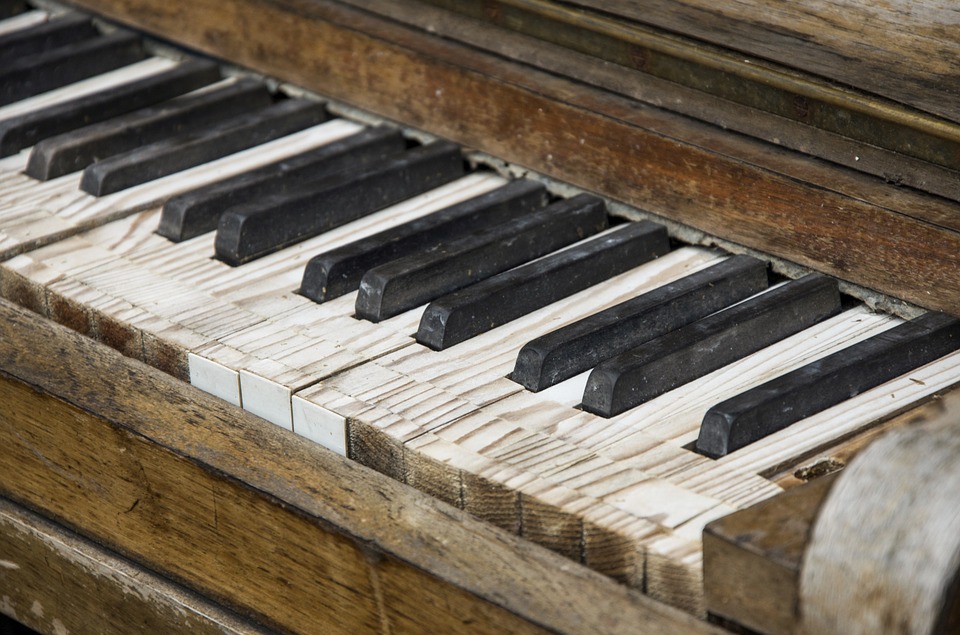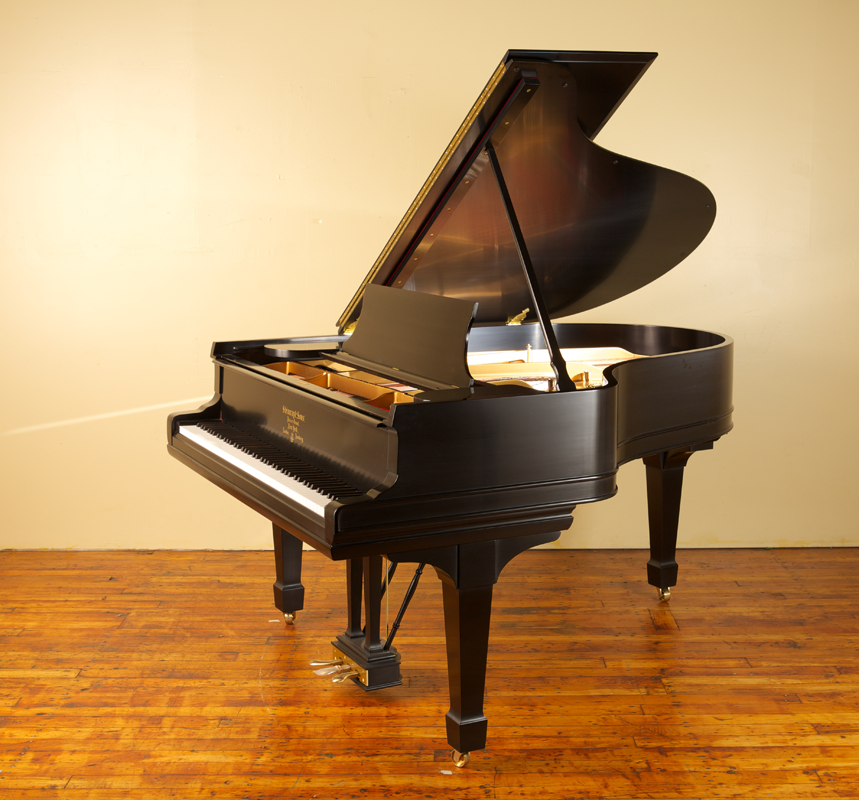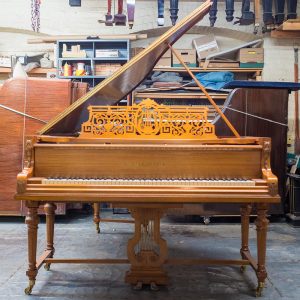How to Buy a Pre-Owned Piano
Buying a piano can be very confusing. There are so many options. There always could be a better piano, or a better deal around the corner. If you are buying a piano for a beginner do you start her off with a great piano, of buy an inexpensive piano and see if she develops a real interest in playing. To help alleviate the confusion I will present a list of questions you should ask yourself, and then provide a form which when filled out should help you clarify which type of piano you really need.
Questions:
What is your budget? The reality is that to buy a usable, reliable piano from a reputable used piano dealer you should be willing to spend at least $2,500.00. The best bet is a Yamaha or Kawai upright piano between $4,500.00 and $6,000.00. These pianos are sufficient for a good player to practice good technique. Less desirable are spinets and consoles. These pianos can be very good pieces of furniture, and with the proper knowledge a good piano can be found. Make sure that you like the sound of the piano sufficiently to live with it for a long time.
If you have a budget of less than , do not consider buying a grand piano from a dealer. A really good upright such as a Yamaha U1 will serve you much better than an inexpensive grand piano.
If you have a budget of less than $7,500.00, do not consider buying a grand piano from a dealer. A really good upright such as a Yamaha U1 will serve you much better than an inexpensive grand piano.
If you have a budget of $10,000 – $15,000 you should be able to buy a reconditioned Yamaha or Kawai 5 ft. 7 to 6 ft. grand piano. The newer the piano, the more expensive it is likely to be. It is important that you either have complete trust in the dealer, or bring a qualified technician to check out the piano for you
$15,000- $20,000 should buy you a rebuilt, refinished, Chickering, Knabe, Broadwood, Baldwin, a reconditioned 60’s Steinway, or a larger reconditioned Yamaha grand piano.
$20,000.00 – $25,000.00 should buy you a rebuilt Steinway S, 5 ft. 1in., or, a Mason B, 5 ft.4 in., or a Yamaha late model 7 ft. grand.
$25,000 – $35,000.00: This is an easy price range in which to find a variety of restored grand pianos. Steinway restored M’s, O’ and L’s, as well as Mason A’s and AA’s should be available for this price.
$35,000 – $45,000.00: Restored Steinway A’s, and Mason BB’s are a good bet.
$45,000 – $55,000.00: Restored Steinway B’s and Mason CC’s can be found.
$55,000 – $85,000.00 Restored Steinway C’s and D’s are the norm.
This is the basic menu of prices for reconditioned and restored pianos.
How much room do you have? If you do not have enough room for a 5 ft. baby grand piano, just buy a good upright. A 48 in Yamaha upright is a much better alternative than any grand piano that is smaller than 5 ft. My advice is to buy the piano you like best that fits in your space and your budget. In the piano world, all things being equal, bigger is usually better.
What color do you want the piano to be? Don’t delude yourself that the furniture aspect of the piano does not mean anything to you. It is a concern that is almost as important as the sound, touch and reliability of the piano.
What level player is the person who will be playing the piano? An argument can be made that a spinet or console piano will suffice for a beginner. However, a serious student that practices hard needs at least an upright piano. The best, most economical, piano for a student is a full sized Yamaha upright. These pianos are reliable, and one can control the touch and sound of a well regulated Yamaha upright. Other upright brands such as Steinberg and Bechstein are much better. However, you can get a very good grand piano for the same price as those pianos.
Good grand pianos, because they project sound outward into the room, have more potential for great sound than uprights. Grand piano actions, because of their action design have much better potential for controlling the volume and color of the sound.
Keeping all this in mind, I suggest that you fill out in writing this form. Take it with you when you are visiting piano dealers. Use the form to clarify what you want, and focus. Remember that when you get the piano home you will not have to compare it with other pianos any more. It will be yours, and if you have chosen wisely, according to your needs it will serve you well for many years regardless of style, price, or size. Also remember that most reputable dealers will allow you to trade up to a more sophisticated piano as your requirements change.
If in doubt about the quality of the piano bring a technician to check for potential problems.
Make sure you get a warranty.
The fate of the free world does not hang on the choice of your piano! Relax!




